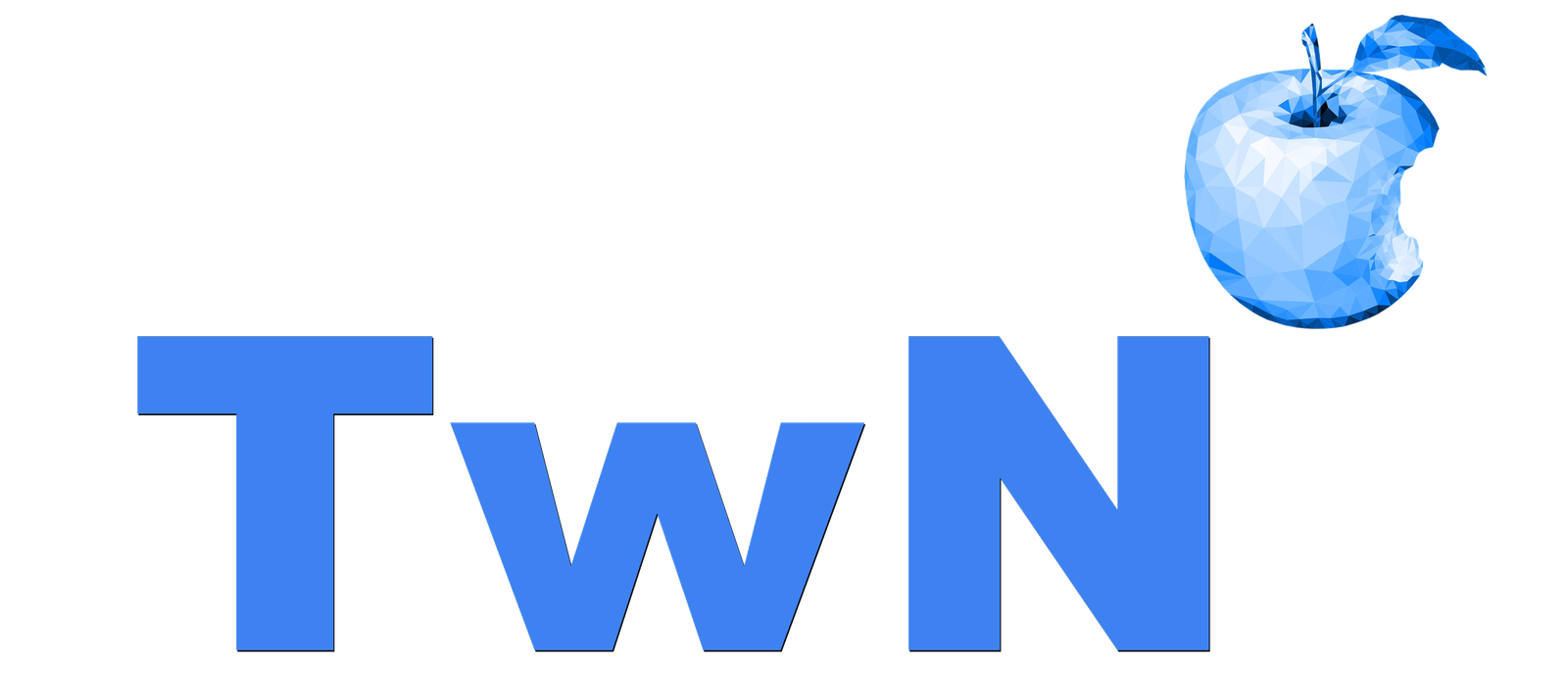
In the wake of global shifts and technological advancements, we are observing an unprecedented rapid evolution of the work landscape. The emergence of remote collaboration tools has revolutionized how teams collaborate, communicate, and innovate in a digital-first world. As organizations adapt to changing dynamics and embrace remote work models, understanding the future of work and the trends shaping remote collaboration tools becomes paramount.
The Rise of Remote Work
The COVID-19 pandemic accelerated the adoption of remote work practices, catapulting remote collaboration tools into the forefront of modern work culture. As organizations prioritize employee safety and flexibility, remote work has emerged as a viable alternative to traditional office-based models.
Remote Collaboration Tools: Enablers of Productivity
Remote collaboration tools encompass a diverse array of software solutions designed to facilitate seamless communication, project management, and collaboration among distributed teams. From video conferencing platforms like Zoom and Microsoft Teams to project management tools like Asana and Trello, these tools empower teams to collaborate effectively irrespective of geographical boundaries.
Trends Shaping Remote Collaboration
- Integration of Virtual Reality (VR) and Augmented Reality (AR): The integration of VR and AR technologies into remote collaboration tools is revolutionizing how teams interact and collaborate in virtual environments. From immersive virtual meetings to interactive training sessions, VR and AR enable richer and more engaging collaboration experiences.
- Artificial Intelligence and Automation: AI-driven features such as natural language processing, chatbots, and automated workflows enhance the efficiency and effectiveness of remote collaboration tools. These technologies streamline communication, automate routine tasks, and provide personalized insights to enhance productivity and decision-making.
- Focus on Security and Data Privacy: With the increasing reliance on remote collaboration tools, ensuring robust security and data privacy measures is paramount. End-to-end encryption, multi-factor authentication, and compliance with data protection regulations are essential considerations for organizations deploying remote collaboration solutions.
- Hybrid Work Environments: The future of work is characterized by hybrid work environments, where employees have the flexibility to work remotely or from the office based on their preferences and job requirements. Remote collaboration tools play a pivotal role in facilitating seamless collaboration and communication in hybrid work settings.
- Emphasis on Employee Well-being: As remote work becomes more prevalent, organizations are placing greater emphasis on employee well-being and work-life balance. Remote collaboration tools that integrate features for virtual team building, mental health support, and flexible scheduling contribute to a healthier and more sustainable work culture.
The Future of Work: A Hybrid Approach
The future of work is defined by flexibility, adaptability, and technology-driven innovation. As organizations navigate the complexities of remote collaboration and distributed workforces, embracing a hybrid approach that combines the best elements of remote and in-person work is key. By leveraging remote collaboration tools that prioritize usability, security, and scalability, organizations can empower their teams to collaborate effectively, drive innovation, and achieve shared goals in an increasingly interconnected and dynamic work environment.
In summary, the future of work is intrinsically linked to the evolution of remote collaboration tools and the adoption of innovative technologies that enable seamless communication and collaboration across distributed teams. By embracing these tools and trends, organizations can unlock new opportunities for productivity, creativity, and growth in the digital age of work.
